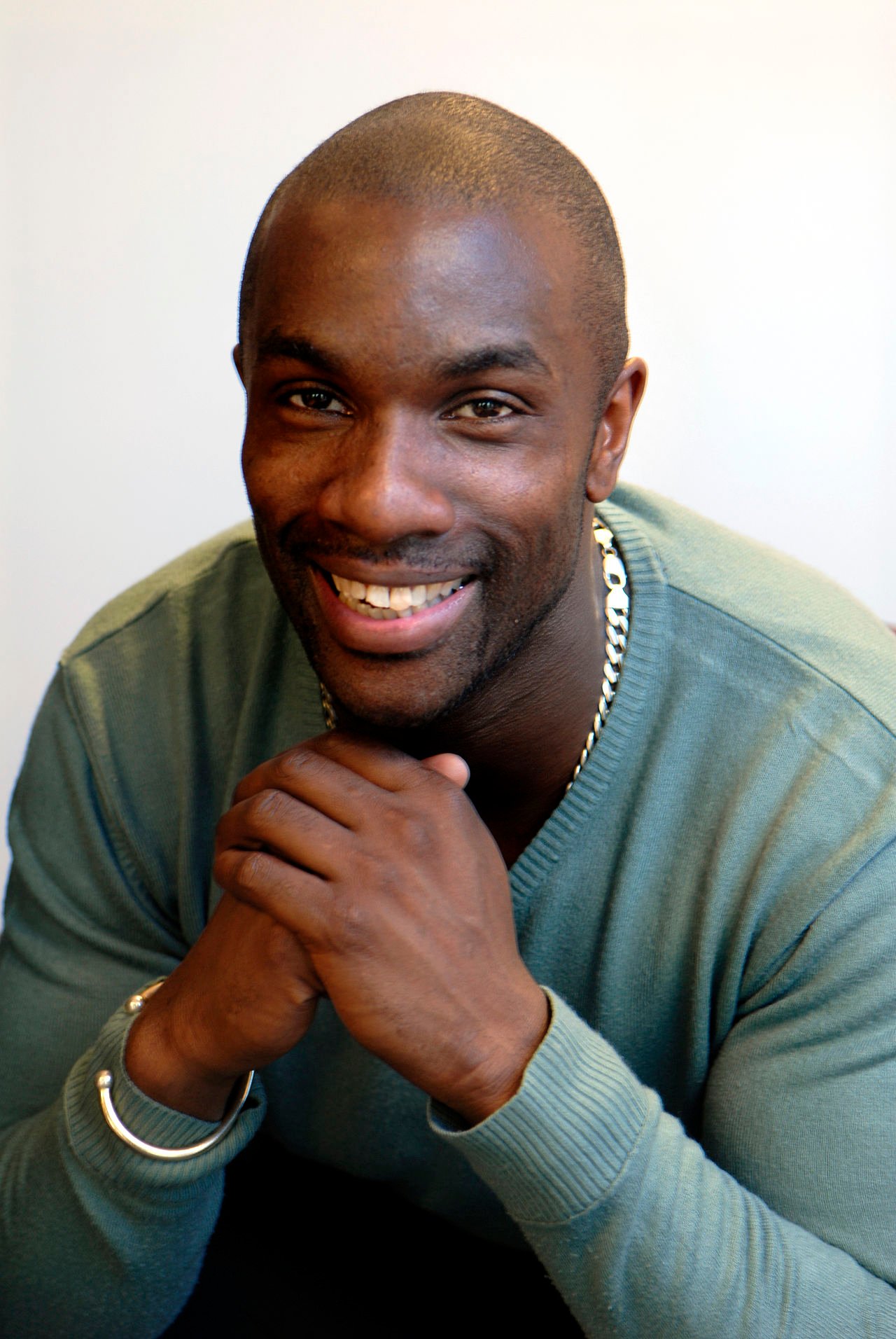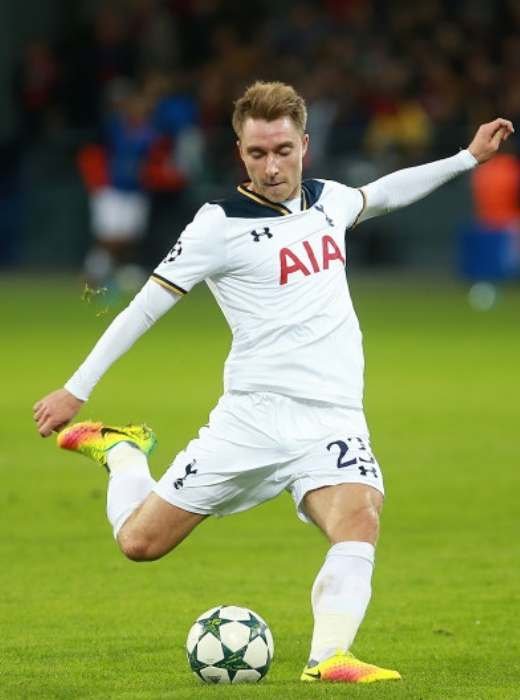Picture this: It’s game day. The crowd roars as players sprint onto the field. Among them rolls a coach in a motorized wheelchair, no arms, no legs – just a head, torso, and an undeniable presence that commands attention. The players gather around him, hanging on his every word. This isn’t some feel-good movie scene. This is Rob Mendez’s reality, and he wouldn’t have it any other way.
“In 30 years, I can’t recall a single dream where I had arms or legs,” Mendez once quipped in an interview. For him, navigating the world limbless isn’t a nightmare – it’s just Tuesday.
Rob Mendez: Born Different, Not Special
When Robert Mendez Jr. entered the world on May 9, 1988, in Gilroy, California, doctors had already prepared his parents for the shock. Born with tetra-amelia syndrome – an extremely rare condition causing complete absence of limbs – Rob was among the few infants with this condition to survive birth. For young parents Josie and Robert Sr., both just 24 years old, the diagnosis hit hard.
Josie couldn’t bring herself to look at her newborn for two weeks. She covered him with blankets in public to avoid stares. His father turned briefly to alcohol before realizing “alcohol is not the answer.” But amid their struggle, they made a pivotal decision: they would raise Rob not as a tragic figure, but as a kid with potential.
“Special is bulls- ,” Rob’s father would tell him. “We are all special…the other kids are special, too. What does that even mean? You’re not special, Rob – you’re different. And different is not bad. Embrace it. Push the limits. And anyone who has a problem…prove them wrong.”
That tough-love message became Rob’s foundation. By 18 months, his parents had enrolled him in preschool, determined to integrate him socially. On his first day of kindergarten, they watched nervously as curious 5-year-olds approached their limbless son. To their relief, the kids were accepting, and Rob began to thrive among peers.
Finding Football Through A Controller
Unable to play the sport he fell in love with by watching San Francisco 49ers games with his dad, young Rob Mendez found his way into football through an unexpected door: Madden NFL video games.
Using remarkable ingenuity, Rob figured out how to operate a PlayStation controller with his chin and collarbone. His sister would tuck the controller under his chin, and he’d manipulate the analog sticks and buttons using head motions and jaw pressure. What began as entertainment evolved into an immersive football education.
“When I couldn’t play with my friends in the street growing up, I’d lay back in my living room and ask my sister to tuck the controller under my chin and play Madden like any other kid,” Rob Mendez recalls. By high school, he’d become locally renowned for his Madden skills, even finishing second in a 30-team tournament.
More importantly, through thousands of virtual games, Rob Mendez was quietly building a coaching mind. “While most everyone else watches the ball [during a game], my eyes dart everywhere else – the blocking assignments, the route tree, the safety reads,” he explains of the vision Madden trained in him. The game became his football classroom, teaching formations, play-calling, and situational strategy that would later form the backbone of his coaching philosophy.
Rob didn’t keep this knowledge virtual. He began drawing up plays inspired by his Madden experience and sharing them with friends during pickup games. Soon, he was advising real coaches on potential strategies, some of which made their way into actual game plans.
High School: From Outsider to Assistant Coach
Entering Gilroy High School as a freshman around 2002, Rob Mendez confronted the harsh realities of teenage social dynamics. He watched from behind a fence as childhood friends ran football drills, feeling the ache of exclusion.
“It was the disappointment of being left out that always got to me,” he later admitted. Like many teens with visible differences, Rob experienced depressive episodes. Seeing classmates pair off romantically or take driver’s ed at 16 sometimes plunged him into sadness.
“I’d be lying if I said I never got depressed,” Rob told ESPN, describing nights he cried alone wondering if he’d ever find independence or love.
The turning point came when a Gilroy High coach noticed Mendez watching practice from the sidelines and waved him down to the field. They offered him a position as team manager – a simple gesture that changed everything.
“You should have seen the smile on my face when they gave me my first jersey,” Rob Mendez remembers. Suddenly, he belonged.
As team manager, Rob threw himself into studying the playbook, understanding every formation and play call. Coaches soon realized he had a sharp football mind. By his senior year in 2006, the coaches had formally named him an assistant coach for quarterbacks.
One former player recounted how Coach Rob Mendez, at just 18, taught him to properly sell play-action fakes and go through progressions – “he had never thrown a ball, but he knew how to teach me to throw one.”
From Student to Coach: The Early Career Grind
After graduating from Gilroy High, Rob faced the challenge of building a coaching career without the playing credentials that typically open doors. But having proven himself as an assistant at his alma mater, he began seeking opportunities at neighboring schools.
Tim Alvernaz, then head coach at Sobrato High School, took a chance on Rob Mendez around 2010, recruiting him to join the JV coaching staff. Alvernaz admits he initially wondered how a limbless man could coach football, but “as soon as I met and spoke with him, the chair disappeared,” and he saw a man with deep football knowledge and passion.
The two formed a strong bond, and when Alvernaz later moved to Prospect High School’s program, he advocated for Rob there as well. In fact, when Rob eventually landed the head JV coaching job at Prospect, Alvernaz made the extraordinary decision to step down from his own position to become Rob’s assistant—a role reversal that speaks volumes about the respect Rob had earned.
Coaching Without Limbs: The Adaptation Game
Rob Mendez’s coaching style necessarily involves creative adaptations. Unable to hold a whistle, carry equipment, or physically demonstrate drills, he empowers assistants and players to execute those aspects.
During practice, an assistant will hold a whiteboard while a player removes the cap of a pen and places it in Rob’s mouth so he can draw X’s and O’s. This teamwork approach not only addresses Rob’s limitations but actively engages his team in learning as they watch him sketch plays orally.
Technology has been crucial to Rob’s success. He mounts an iPad on his wheelchair to quickly access digital play sheets or input notes using a stylus in his mouth or voice dictation. His smartphone, positioned on a stand, allows him to review opponents’ film using nose-touch navigation.
Since Rob can’t physically guide a player’s limbs, he’s mastered verbal coaching – using vivid descriptions and analogies. To teach quarterback footwork on a rollout, he might say, “Imagine you’re stepping over hot coals with each step – quick and light.”
This approach has advantages: it forces players to listen intently and visualize, which sports psychology research suggests can enhance skill execution.
Coach Rob Mendez: The Breakthrough Season
In 2018, as head coach of Prospect High School’s JV football team in Saratoga, California, Rob had his breakout season. Taking over a program that had struggled, he installed his own offensive system, drawing from years of Madden strategy and sideline observation.
The results were remarkable. His team finished the season 8-2, advancing to the championship game against a heavily favored opponent. Though Prospect ultimately lost that final game 3-0, the season was widely considered a triumph.
What made the achievement more poignant was the post-game scene. After the heartbreaking championship loss, Rob Mendez gathered his team and repeatedly said “thank you,” emphasizing what they had given him by believing in him. It was a raw display of gratitude that underscored Rob’s coaching philosophy: it’s about more than wins and losses – it’s about belief and opportunity.
The ESPN Moment: Going National
Rob’s life changed forever on February 16, 2019, when ESPN aired a 14-minute feature titled “Who Says I Can’t?” The segment, reported by senior writer Wayne Drehs, followed Rob through the 2018 season at Prospect High, combining documentary footage with interviews that revealed both his daily challenges and triumphs.
Rob initially felt uncomfortable with the spotlight: “When the project began, I hated the attention… I had less than zero interest in being some sort of inspiration or poster boy.” But after the story aired, the response was overwhelming and positive, which reframed it in his mind.
Thousands reached out – sports fans, parents of disabled children, amputees, and others with limb differences who felt seen by his representation on screen. Letters arrived from as far as Europe and Asia. Celebrities took notice too: pop singer Gavin DeGraw and NBA star Tristan Thompson extended invitations after seeing the feature.
The ESPN piece won a Sports Emmy and an Edward R. Murrow Award, testifying to the power of Rob’s story.
The ESPY Moment: “Who Says I Can’t? Nobody!”
The pinnacle of Rob Mendez’s recognition came on July 10, 2019, when he received the Jimmy V Award for Perseverance at ESPN’s annual ESPY Awards ceremony. Named after legendary college basketball coach Jim Valvano, who gave an impassioned speech about perseverance while battling cancer in 1993, the award honors individuals “who have overcome great obstacles through perseverance and determination.”
ESPN surprised Rob with the news during a visit to their headquarters in Bristol, Connecticut. “I thought I was dreaming… I never saw this coming in a million years,” Rob said, genuinely shocked by the honor.
At the ESPYs, accompanied by 24 friends and family members, Rob Mendez received his award from NFL coach Jon Gruden and former ESPN anchor Samantha Ponder. As he rolled onto the stage, stars like Tom Brady and Drew Brees gave him a standing ovation.
Overcoming understandable nerves, Rob delivered a powerful acceptance speech:
“The reality is, I am here. And if there’s any message I want to give you guys tonight, it’s to look at me… When you dedicate yourself to something and focus on what you can do instead of what you can’t do, you really can go places in this world.”
He expressed deep gratitude: “It’s an honor to be here… Thank you to the game of football for allowing me to be part of a team.”
In a moment that brought the house down, Rob paraphrased Jimmy Valvano’s famous “don’t give up, don’t ever give up” line by saying “Who says I can’t? Nobody!” – prompting the entire theater to respond with a thunderous “Nobody!”
Beyond the Spotlight: Building a Legacy
Following his ESPY moment, Rob Mendez entered a new phase of his journey. He established the “Who Says I Can’t Foundation” in 2019, aimed at empowering individuals with disabilities to pursue their passions and improve access to sports and life opportunities.
Corporate America took notice too. Samsung featured Rob in a campaign for their Galaxy Note10+, showcasing how he uses the device’s technology to coach more effectively. The partnership highlighted Rob’s tech-savvy approach to coaching.
In 2021, Rob published his autobiography, “Who Says I Can’t: The Astonishing Story of a Fearless Life,” detailing his journey and philosophy. The book expanded his reach beyond sports circles, touching readers worldwide with his message of possibility in the face of seemingly impossible obstacles.
The Coach Behind the Story
Strip away the inspirational storylines, and you’ll find Rob Mendez is, at heart, a football coach who lives for the strategic chess match of the game. His teams run offensive schemes that often catch opponents off guard—a direct result of those countless hours dissecting plays in Madden.
“It was the X’s and O’s, the chess match, that I loved,” Rob says. “Madden let me be in that chess match.”
His coaching style balances tactical innovation with emotional intelligence. Players describe him as demanding yet deeply empathetic. He expects punctuality and full effort but also understands the emotional landscape of teenage athletes.
“Most everywhere I go, people look down on me…feel pity. On the football field, with my team by my side, they didn’t see [me] as a man in a wheelchair. They saw their football coach, a man who believed in them…And they all bought in,” Rob explains.
This ability to see beyond his own challenges to focus on his players’ development is perhaps Rob’s greatest coaching strength. He doesn’t want his teams winning “for Coach Rob” – he wants them winning because they’ve mastered the fundamentals and outworked their opponents.
The Road Ahead
When Rob accepted his ESPY award, he made a promise: “I’m not done yet. This is just the beginning.” Those weren’t empty words.
Rob continues to coach and speak nationally, inspiring not just those with physical differences but anyone facing seemingly insurmountable obstacles. His foundation works to create opportunities for disabled youth in sports, focusing especially on adaptive equipment and coaching methods.
“People feel sorry for me…but it’s the only life I know,” Rob once explained. “I have no idea what it feels like to run or throw, so how can I know what I’m missing?”
That perspective – focusing on possibilities rather than limitations – defines Rob Mendez. In a world quick to say “you can’t,” he’s built a career and a movement around asking: “Who says I can’t?”
And as thousands of athletes, coaches, and fans have learned, the answer is clear: Nobody.
Inspired by Rob Mendez’s journey? Don’t miss the story of Shaquem Griffin: How a One-Handed Linebacker Made NFL History and discover how Jalen Hurts rose from being benched in high school to Super Bowl MVP in The Unbreakable. Two more powerful stories of defying the odds on the football field.




